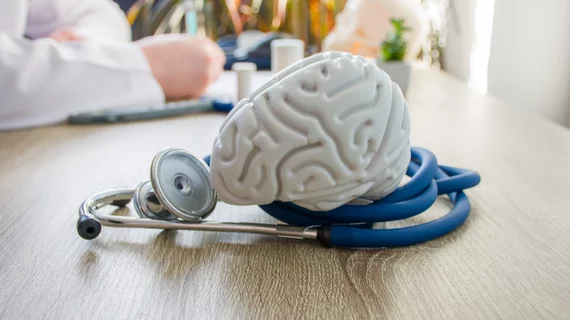Machine learning helps scientists predict patients’ response to antidepressants
A machine learning approach can help clinicians to better predict patients’ response to antidepressants, according to new research highlighted on Tuesday.
Current clinical practice requires trial and error to determine which drug works best for each individual. But this can force patients to suffer through severe depression for months, leading to loss of employment, marriage or life.
Researchers led by UT Southwestern Medical Center championed a novel method, with a group of subjects receiving the common antidepressant sertraline while a control group took a placebo. Those in the study group then tried a different drug, bupropion, if they had not responded after eight weeks. A research team gathered magnetic resonance images from 300 participants brains’ while performing a “reward task” within the scanner to assess changes in function.
UTSW experts used this information to create artificial intelligence models highlighting changes in the brain that predict responses to the medications. While neuroscientists might typically explain 15% of variance in symptom relief, UTSW scientists were able to explain 48% of the variance for sertraline and 34% for bupropion. Even 20% is “huge,” according to a Nov. 9 announcement from the Dallas-based institution.
“This is a significant advance. It’s noninvasive. It can be and should be used immediately,” said Madhukar Trivedi, MD, professor of clinical psychiatry and director of the Center for Depression Research and Clinical Care.
Trivedi et al. developed their predictive model utilizing data from a multi-center, National Institute of Mental Health-funded study recently detailed in Biological Psychiatry. He believes their results are “highly credible,” citing the broadly representative clinical data and rigor of their approach using deep learning. They’re now seeking further funding and exploring whether their method is compatible with blood biomarkers, in addition to the brain ones used in this study.
“It is a clear improvement from the standard prediction approaches currently used,” Trivedi added. “We have also reached a point where our findings are stable and can provide a pathway for future work.”

